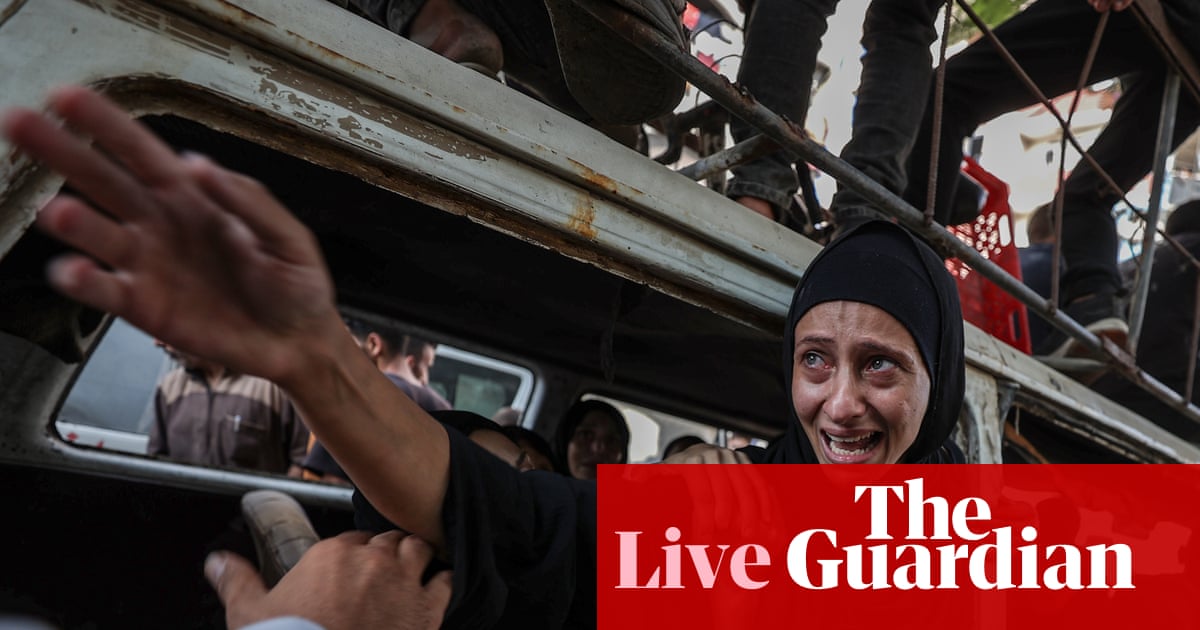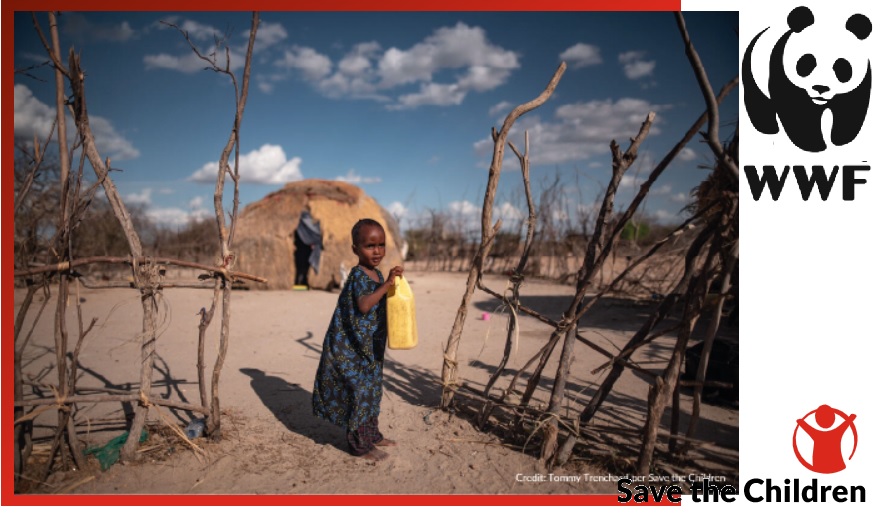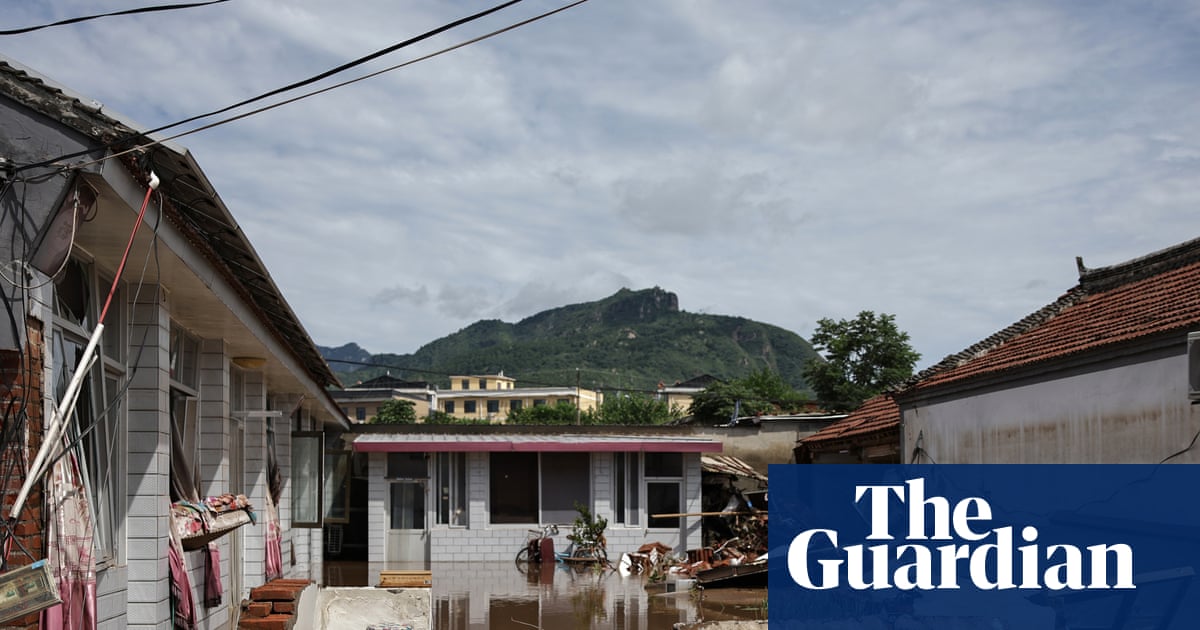T4K3.news
Kabul faces severe water shortage issue
Kabul may become the first modern capital to run out of water, according to Mercy Corps.

Kabul is racing toward a critical water shortage that threatens its residents' survival.
Kabul faces imminent water crisis as reserves dwindle
Kabul, Afghanistan, may soon become the first modern capital to completely run out of water. According to a report from Mercy Corps, over-extraction and a growing population have worsened the water crisis. Families struggle as groundwater levels drop, with nearly half of the city’s boreholes already dry. Residents like Raheela, a mother of four, face tough choices as they pay high prices for limited water, affecting their daily lives and health. The situation is compounded by climate change and political instability following the Taliban's takeover, which has halted foreign aid and worsened the humanitarian crisis.
Key Takeaways
"Water shortage is a huge problem affecting our daily life."
Raheela speaks about the critical need for water in her family's life.
"It’s not just a water issue. It’s a health crisis, an economic crisis, and a humanitarian emergency."
Marianna Von Zahn emphasizes the multi-faceted nature of Kabul's water crisis.
"We hope for more rain, but if things get worse, I don’t know how we’ll survive."
Raheela expresses her concerns about the future amid the water crisis.
"The hours that children should be spending in school, they are now spending on fetching water for their families."
Von Zahn highlights the impact of the crisis on children's education.
The swift decline of water resources in Kabul is not just a local issue but signifies a broader trend in global water management. Cities that relied on groundwater are now experiencing shortages as populations grow and climate conditions change. With the Taliban in charge, the aid freeze poses serious risks to essential services. Without decisive action and funding, Kabul’s water crisis can deepen, impacting public health and livelihoods significantly.
Highlights
- Water scarcity in Kabul is pushing families to the brink.
- Every drop counts as Kabul faces a deepening water crisis.
- Without intervention, Kabul might run out of water by 2030.
- The water crisis affects our health, economy, and future.
Kabul's water crisis presents severe risks
The situation threatens to escalate into a full humanitarian disaster due to the collapsing water supply, economic stagnation, and lack of foreign aid. This could lead to social unrest and a population displacement crisis.
Urgent intervention is needed to address Kabul's looming water crisis before it becomes irreversible.
Enjoyed this? Let your friends know!
Related News

Iran declares emergency amid worsening water crisis

UN warns of dire hunger crisis in Gaza

Aid worker reports starvation crisis in Gaza

Report highlights food crisis impacts on children

Gaza children suffer permanent health damage from malnutrition

Gaza hunger crisis worsens without famine declaration

Gaza journalists report extreme food shortage

New report highlights urgent water pollution concerns in the U.K.
